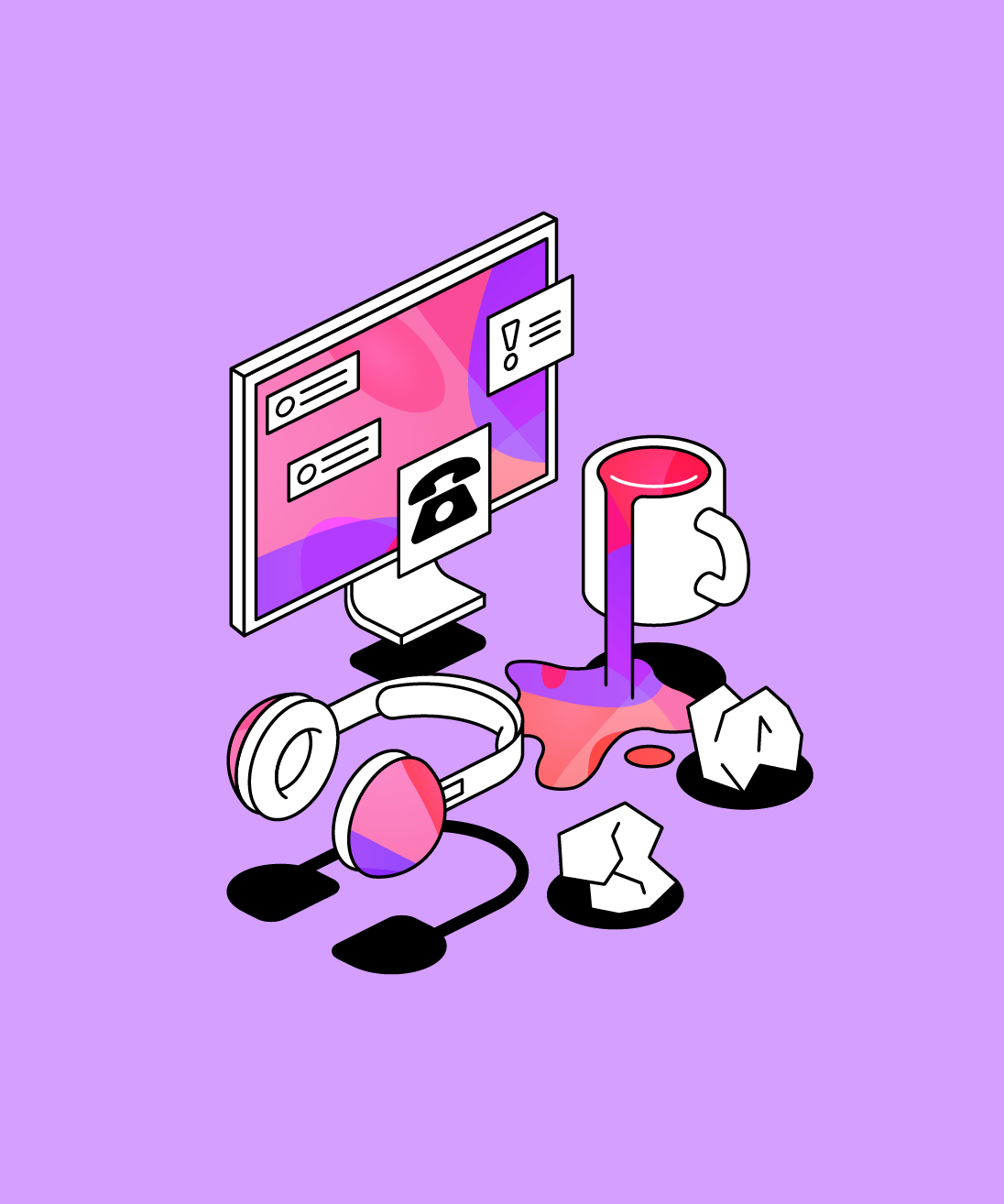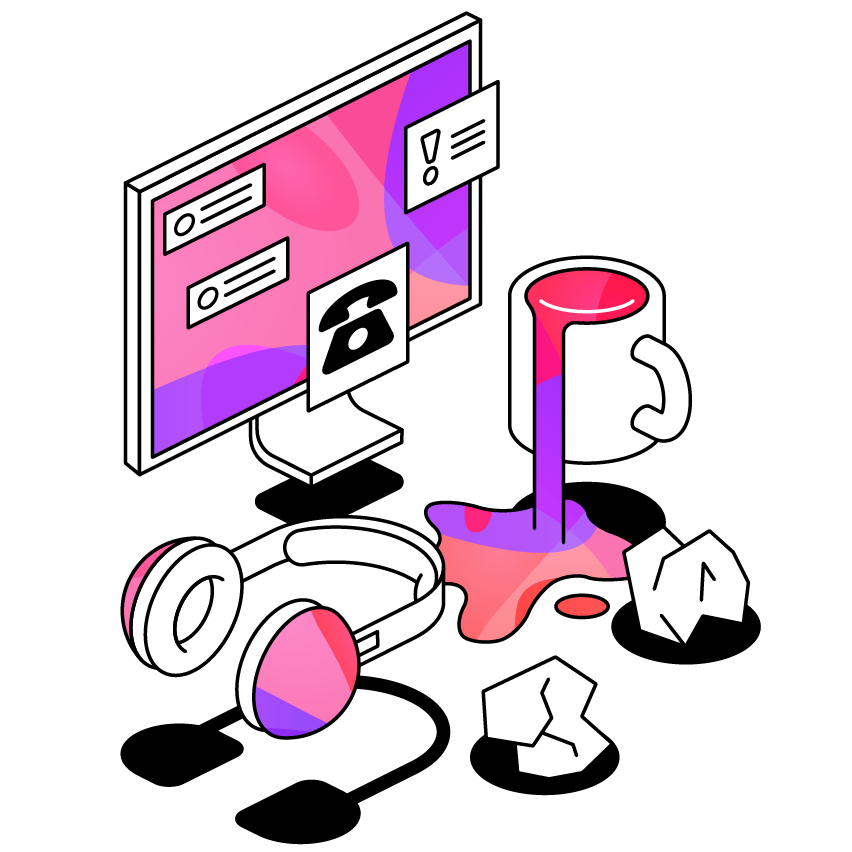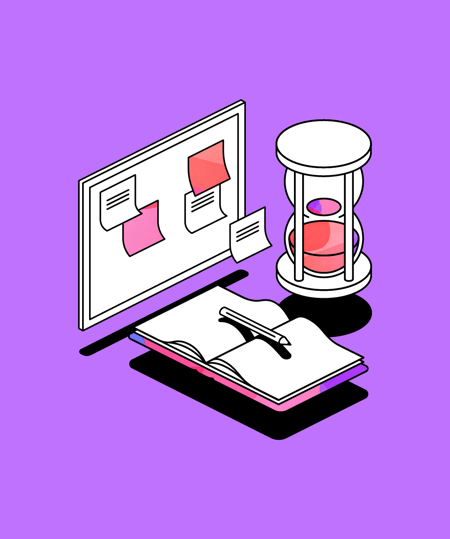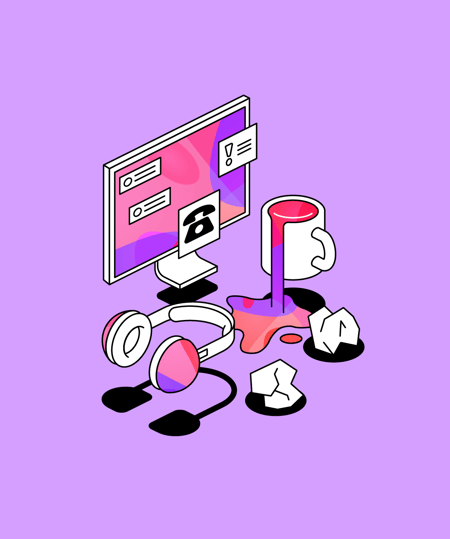How AI and UDL can empower underserved students in higher education
With mounting pressures from an increase in accommodation requests each year, it’s difficult to find time to create a truly inclusive learning environment from the start. In this blog, we take a look at how implementing UDL principles and leveraging the use of AI for learning in note taking can empower underserved populations in Higher Education.
 2 min read
2 min read
 Published: 17 Sep 2025
Published: 17 Sep 2025
 Phoebe Hoar
Phoebe Hoar


For students returning to classes this fall, note taking can be a significant challenge, especially for students with disabilities who require accommodations. Traditional solutions, such as peer note taking, often create a number of problems for both students and the institutions that support them.
Here, we'll take a look at how UDL principles alongside the use of AI can empower students returning this fall. You can also watch the full webinar discussion of this topic here.
What are the problems with traditional note taking?
While intended to help, traditional peer note taking can be difficult to administer and coordinate, making it a time consuming and complex process for departments. The notes provided are also often unreliable and of variable quality, which can impact compliance and learning outcomes.
Most importantly, this method fosters dependence rather than independence.
Students who rely on peer notes may not develop their own note taking skills, which are critical for effective learning and retention.
Samantha, a student at Harvard University, described peer note taking as a source of anxiety, stating "It's really difficult to rely on them and know that you don't know how to do that skill yourself". This highlights how relying on others can be a constant reminder of one's own struggles.
How do we create a system that benefits all students?
The solution lies in moving towards a system that benefits all students. The answer is a Universal Design for Learning (UDL), an educational framework that aims to minimize barriers and maximize learning for everyone. UDL is about designing instructional materials and methods with the diversity of learners in mind.
Think of everyday UDL examples like captions on videos, sidewalk ramps, or automatic doors, features initially designed for specific groups that end up benefiting everyone.
By implementing universal support, institutions can make a profound impact. Students with disabilities are twice as likely to access universal support compared to requesting individual accommodations. When they do, they are over 70% more likely to graduate. This is particularly significant given that the graduation rate for students with disabilities is often below 50%.
How can AI be used to empower underserved students?
The traditional concept of a college student is no longer accurate. Today, a large portion of the student population consists of "New Majority Learners" who could be aged over 22, work while studying, or may be part-time learners.
These learners are often time poor, underprepared or facing individual barriers to studying. This is where AI can play a crucial role.
The right AI tools reduce the unproductive friction that slows learners down, while preserving the "productive friction" that helps them grow. For example, AI-powered transcription removes the stress of trying to write everything down, which allows students to engage more deeply in class.
However, simply having AI generate notes without any learner input can remove a critical step in the learning process. The key is to find the right balance, using AI to augment, not replace, the learning process.
Genio's tools are designed to strike this balance. They provide a multi-modal way for students to interact with content. For students with English as a second language, AI can offer real time transcription or explanations in simpler terms.
For neurodivergent learners, it provides flexible pacing and multiple ways to access content, ensuring that accessibility is baked into the design, not bolted on afterwards.
Furthermore, features like automatically generated quizzes and summaries, such as Quiz Me, allows students to test themselves with AI-generated questions from their recorded content, giving them instant feedback on their knowledge and highlighting areas where they should focus. These features help students practice active recall and spaced repetition, which are proven to boost academic achievement.
More from Supporting Students
View All
 2 min read
2 min read
How AI note taking tools can bridge learning gaps for STEM students with disabilities
Here, we explore how AI powered note taking tools act as a critical scaffold for STEM students with disabilities, helping with active conceptual engagement. This post breaks down how live transcripts and AI-generated retrieval practice. like quizzes, empower students to navigate technical subjects with full academic independence.

 3 min read
3 min read
How Genio Present can help students become more confident speakers
Students with anxiety or Specific Learning Differences can struggle to participate in oral assessments confidently and equitably. Learn how Genio Present helps students overcome public speaking anxiety, transforming nervousness into confidence and improving academic performance through innovative rehearsal techniques based on learning science.

 5 min read
5 min read
6 accessible learning apps for college students in 2026
Selecting tools that bridge accessibility and independence can be a transformative step in a student’s academic journey, fostering skills that last long after graduation. Here, we explore 2026’s top accessible learning apps, which empower students by automating unproductive barriers while preserving the deep, active engagement essential for true learning.





